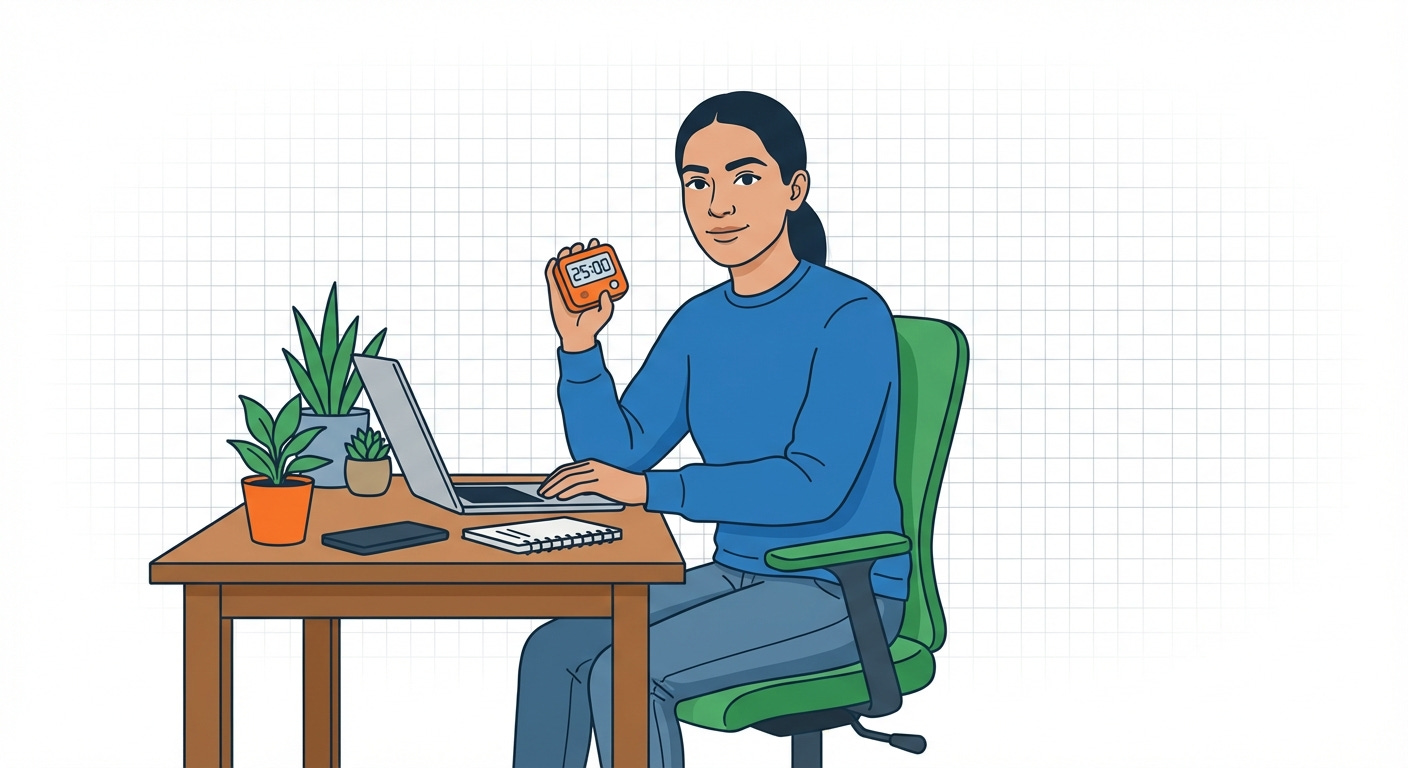What High Performers Know About Doing Hard Things
The mindset, habits, and brain science behind pushing through
Imagine this:
You finally have some free time. No meetings, no urgent fires.
You could finally update your brag doc, add those missing tests, improve that dashboard, fix those alerts, take that course, or read that book. Or — if you’re an engineering manager — you could, document your team norms, give that difficult feedback you’ve been pushing off, or finally reach out to that peer you’ve been meaning to build a better relationship with.
You know all of this pays off. But in the moment? You’d rather do anything else.
We all do this to a certain degree: avoiding the things we don’t like, even when they’re good for us.
In today’s article, we’ll explore:
Why we avoid difficult tasks
What happens in our brain when we push through resistance
🔒 How high performers get things done (especially when they don’t feel like it)
🔒 And how to tell when a hard thing isn’t worth doing at all
Why do we avoid doing things?
Even when something is objectively good for us, our brain loves to push it off. Why?
It’s not urgent - No one is breathing down your neck.
It feels too big - Overwhelming tasks are easier to delay.
It’s tedious - It’s dull. Repetitive. Boring.
It’s uncomfortable - We don’t know what to expect.
It’s not immediately rewarding - It’ll pay off later, but right now it just feels like extra effort.
All of this is completely normal. Our brains are designed to avoid effort and discomfort. To understand what’s really going on, we need to look at what happens in the brain when we push through.
The neuroscience of doing hard things
Scientists have found that pushing through resistance strengthens a part of the brain called the anterior mid-cingulate cortex. This region is bigger in people who consistently challenge themselves (especially by doing the things they don’t want to do).
So every time you push through the mental resistance - whether it’s picking up that task, writing the doc, or having the tough 1:1 - you’re literally rewiring your brain to get better at doing hard things.
Discomfort = Growth
Comfort never made anyone better. The moments that shape our careers—the big leaps, the breakthroughs, the things we’re proud of—always come from doing something hard.
Like any muscle, mental toughness is built through reps—not one big act of discipline, but thousands of small moments where you show up and do the work, despite resistance.
Growth almost always comes with growing pains.
🔒 What high performers do differently
(paid content below this line)



